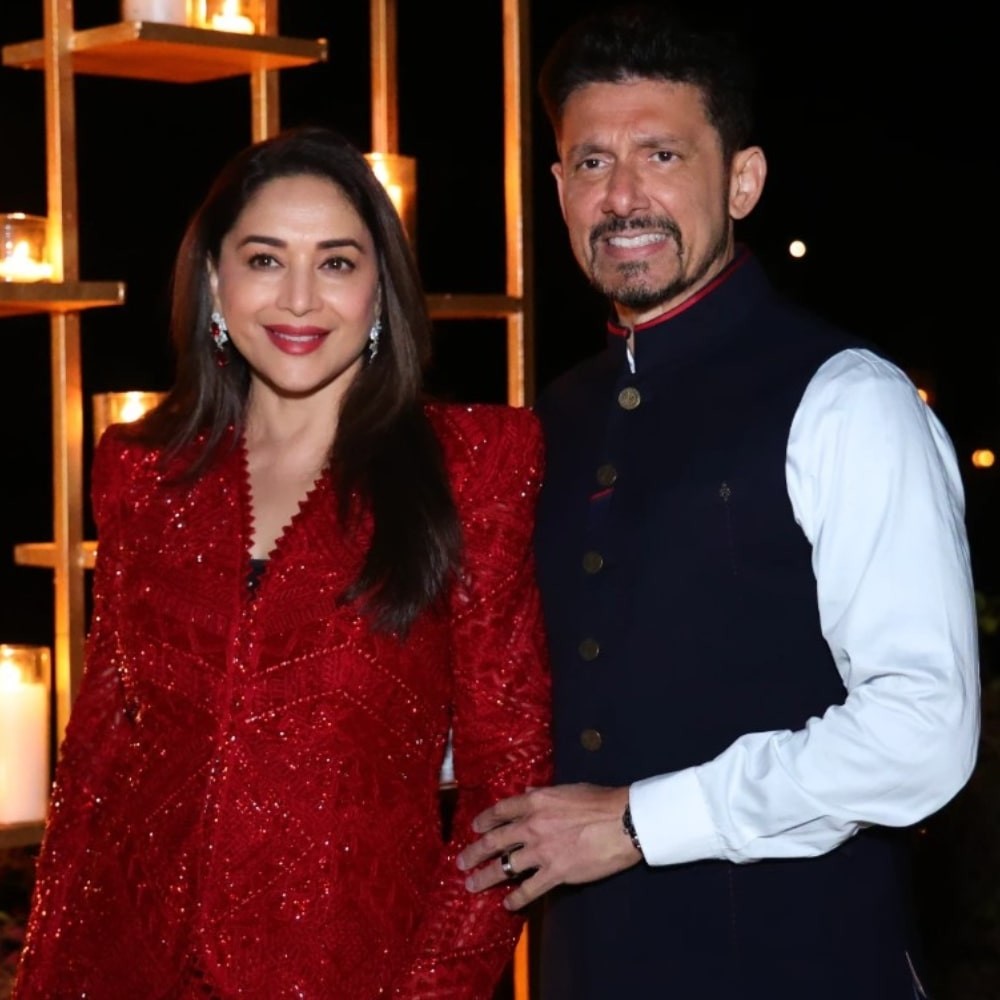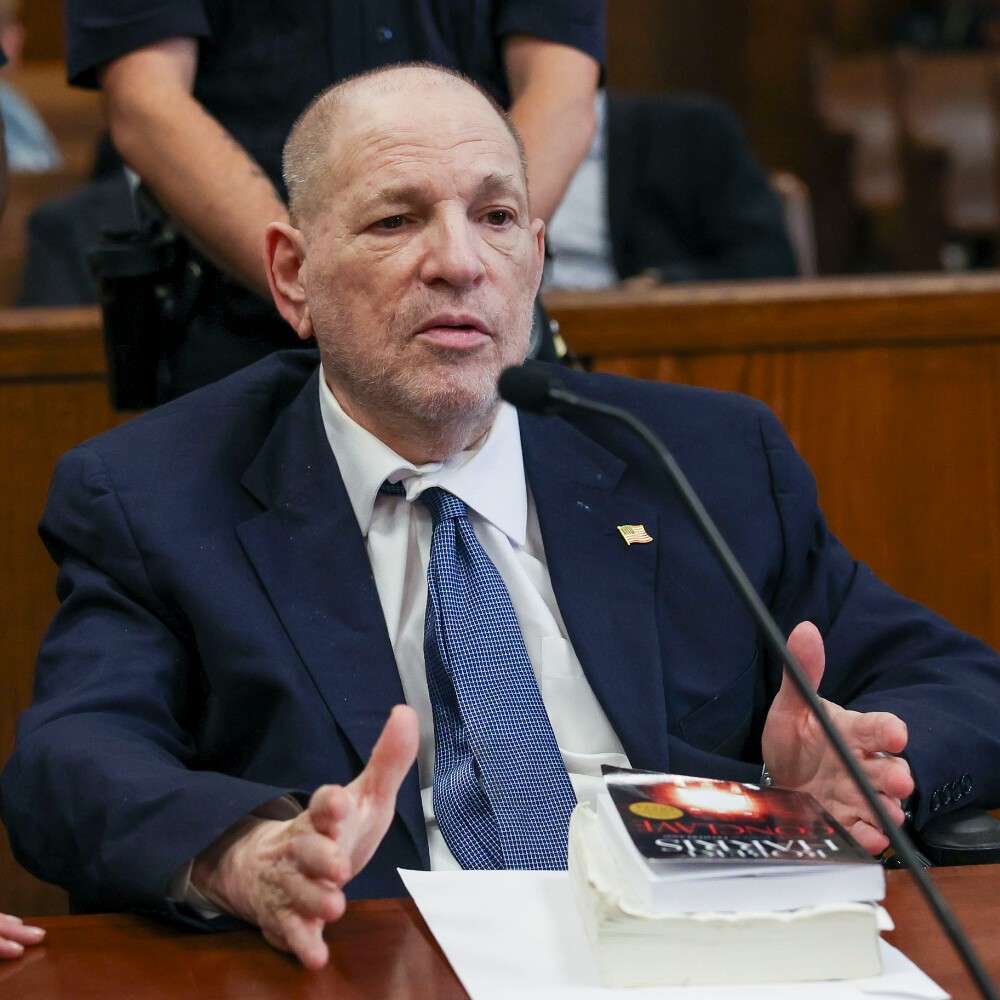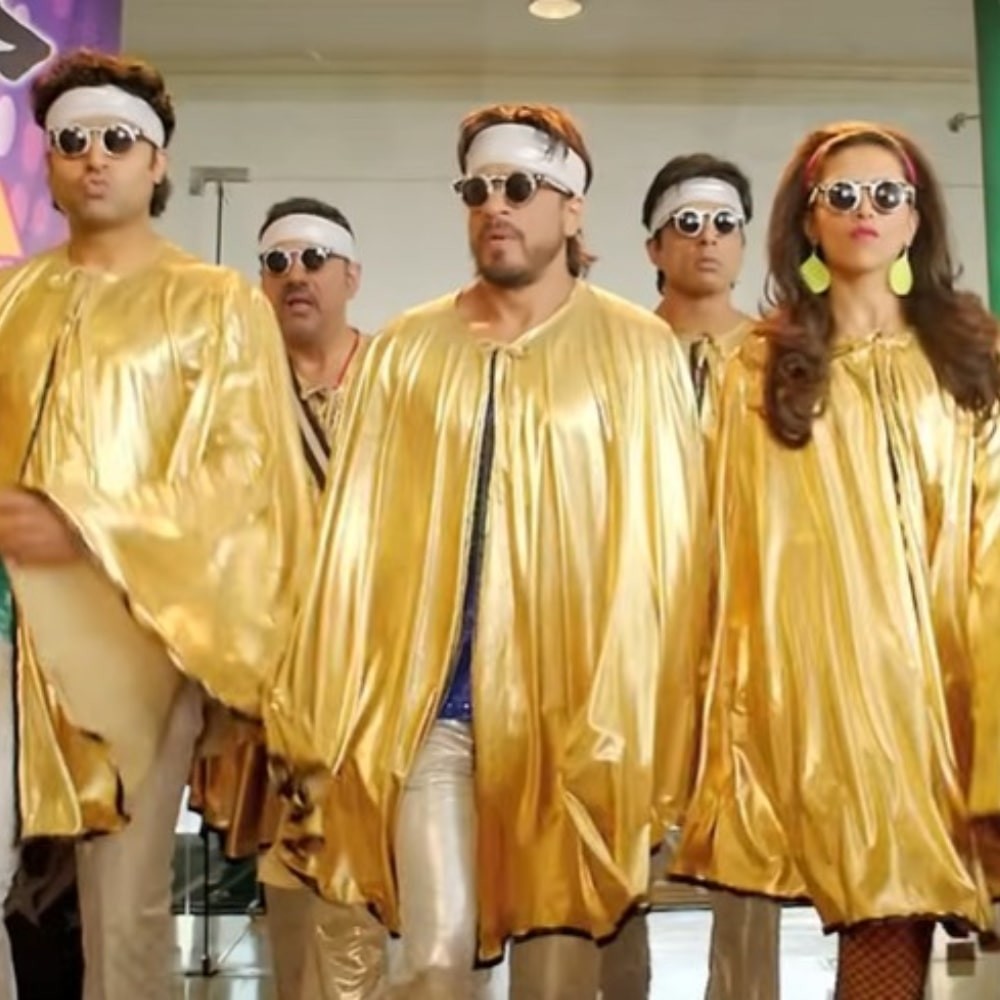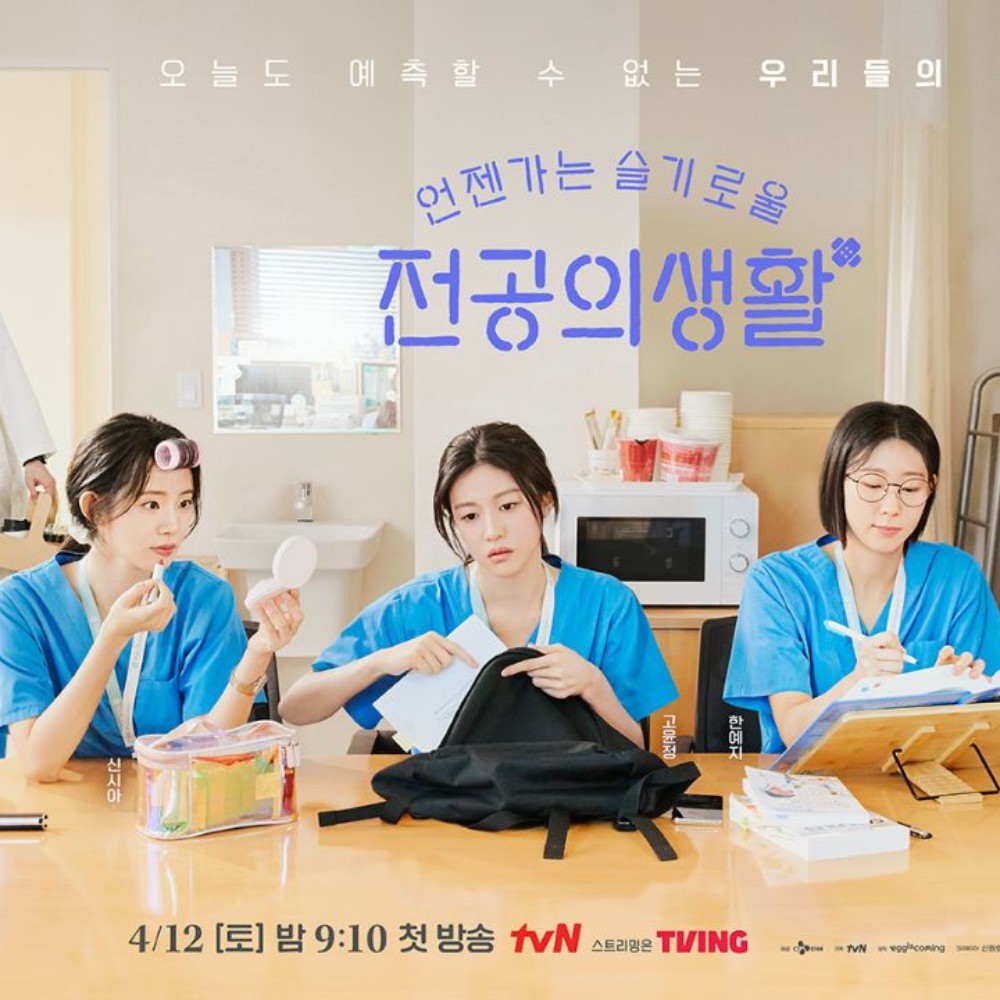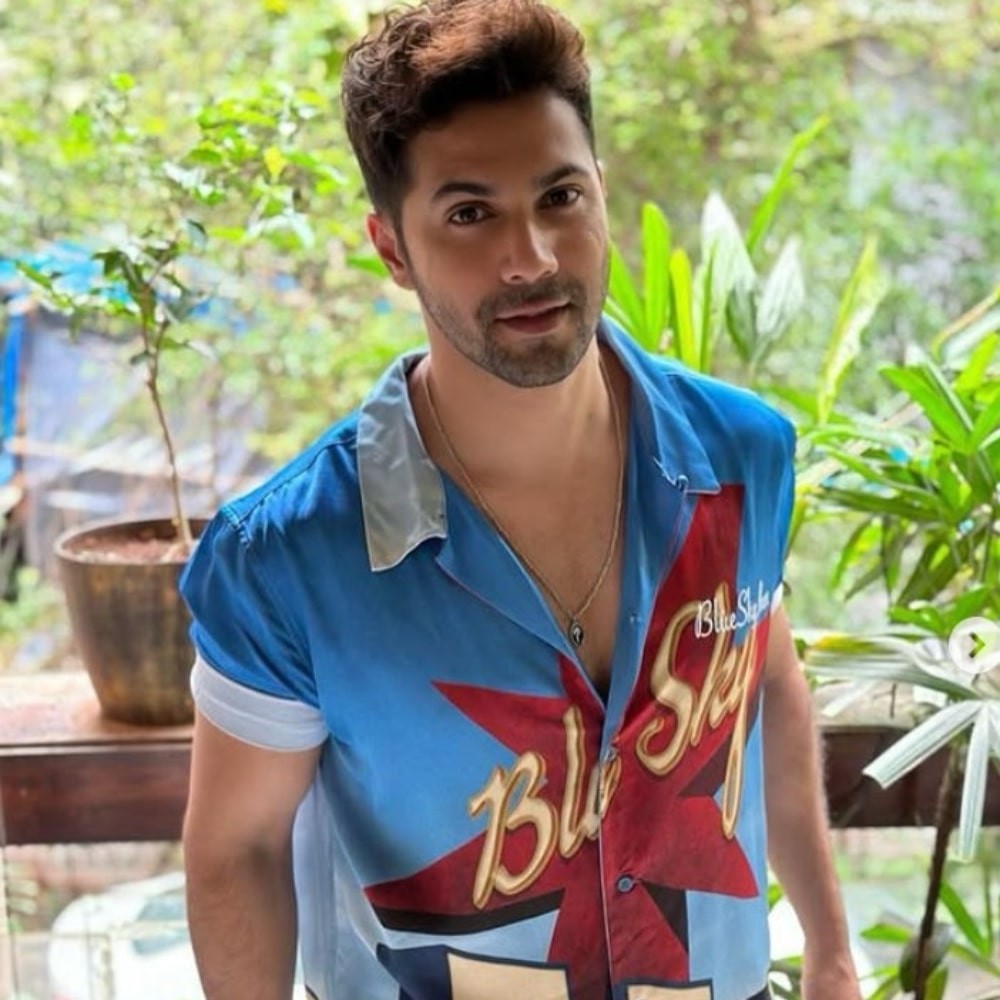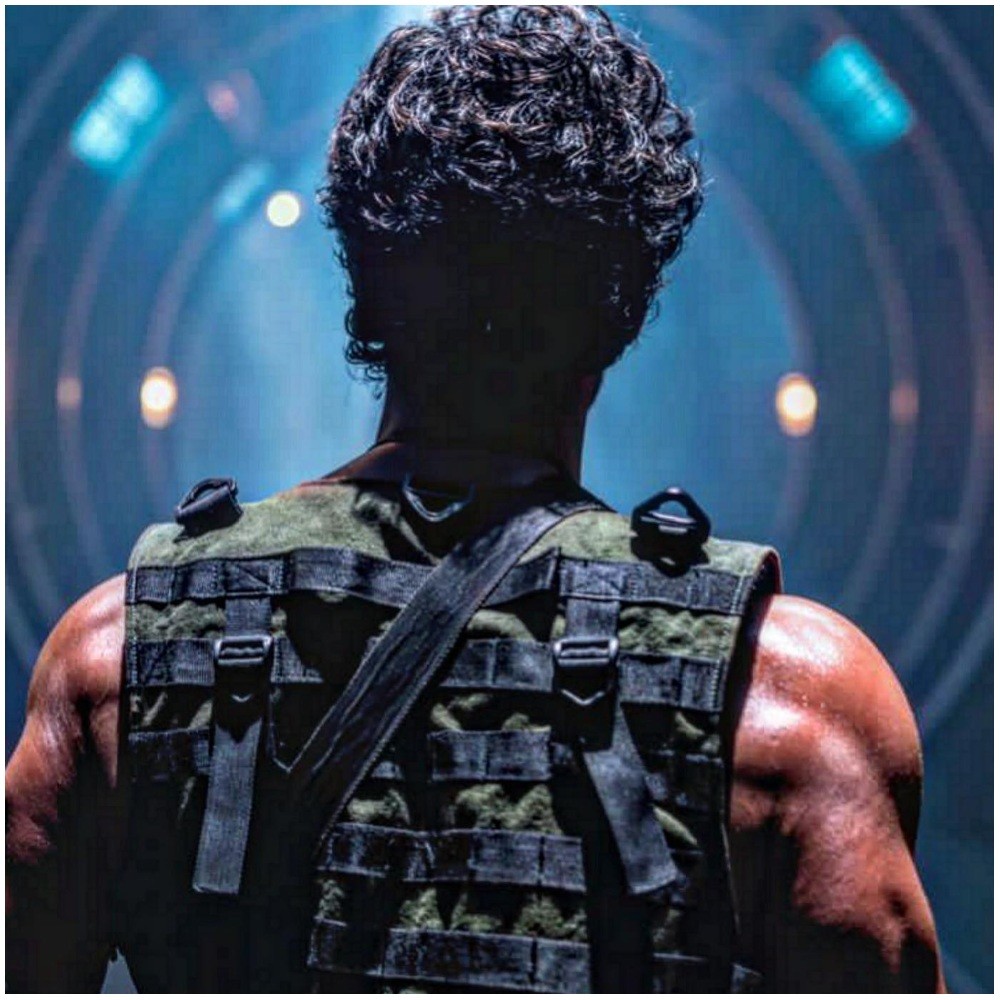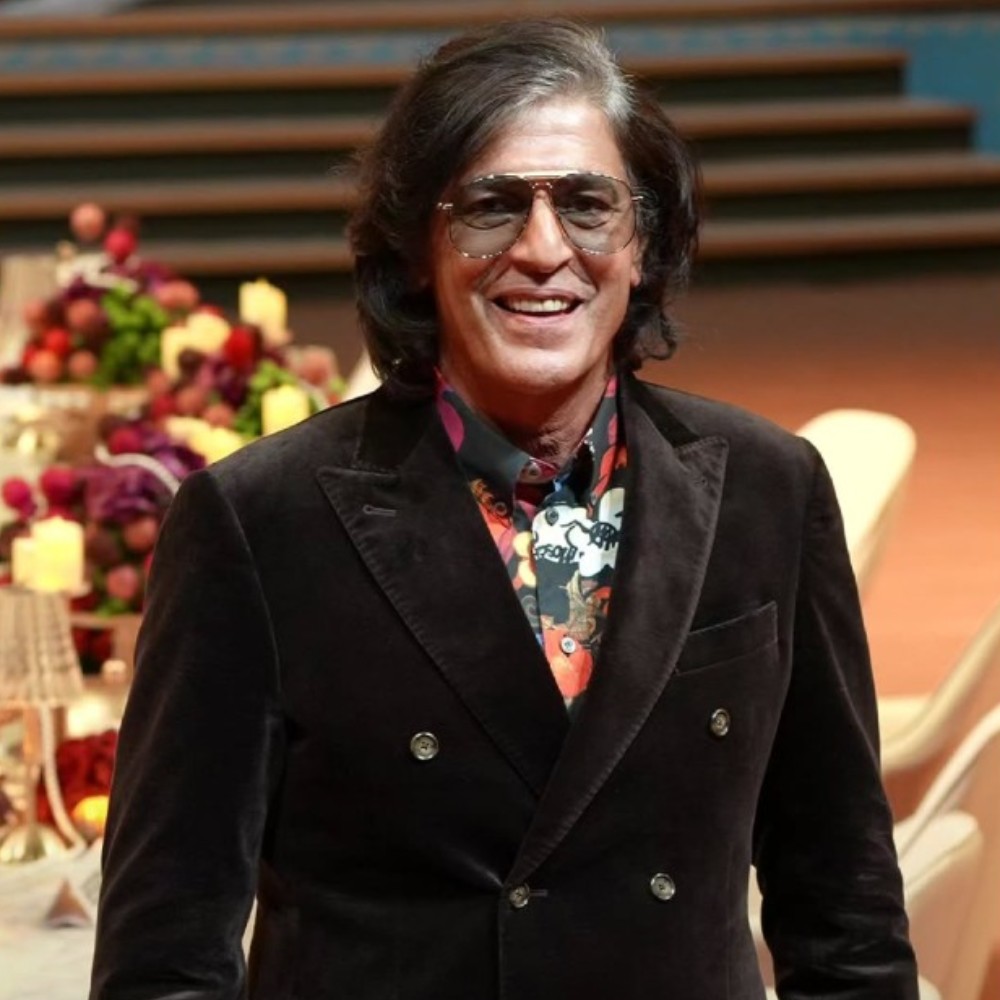Munjya: Why Alia Bhatt and Shraddha Kapoor couldn't be part of horror comedy film? Director Aditya Sarpotdar reveals
Sharvari Wagh's film Munjya has captivated fans and cinema enthusiasts alike. However, many don't know that Alia Bhatt and Shraddha Kapoor were also a choice for the horror comedy. Read on to know!
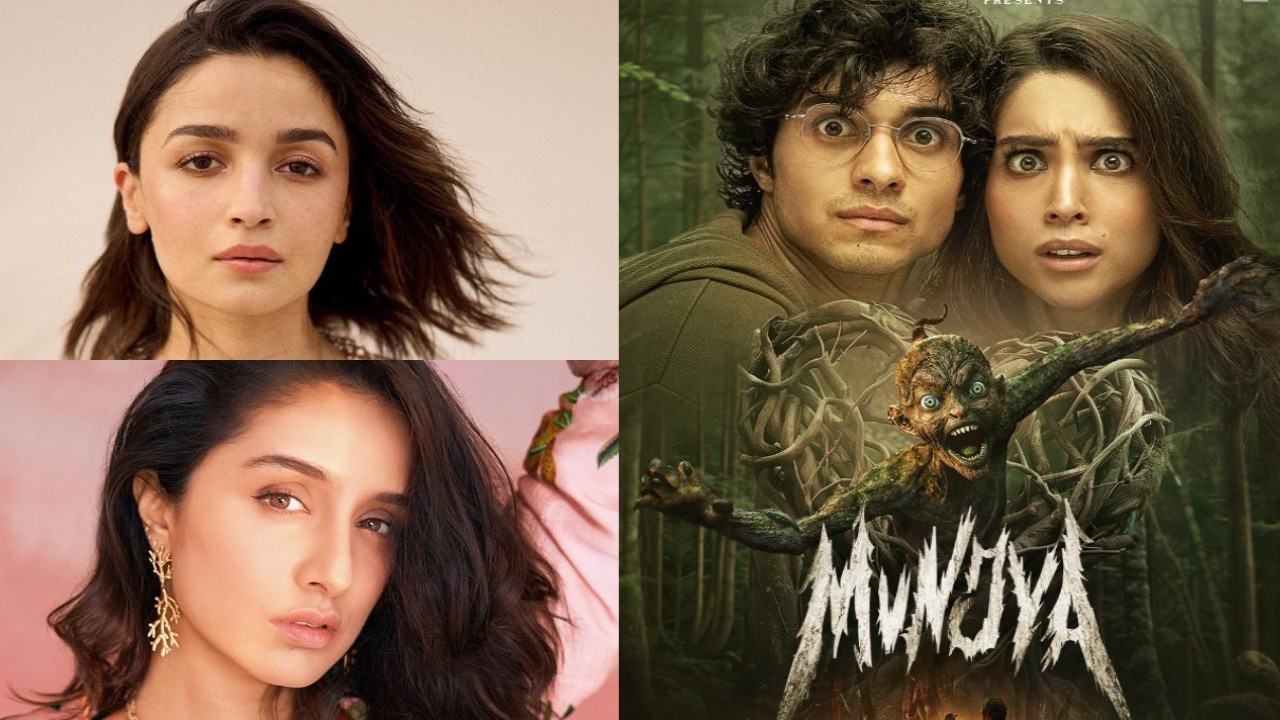
Munjya, starring Sharvari Wagh, has garnered a stellar response from fans and critics alike, proving to be a box office hit. However, what many may not know is that before Wagh, Alia Bhatt and Shraddha Kapoor were considered to be a part of the movie. The director eventually changed his mind due to a specific reason. Read on to find out!
Here's why Alia Bhatt and Shraddha Kapoor couldn't be part of Munjya
Munjya director Aditya Sarpotdar revealed in a chat with Indian Express that Alia Bhatt and Shraddha Kapoor were initially considered to be a part of Munjya. The director explained that he didn't want to make a female-centric movie and thus he ended up deciding against casting them.
Aditya explained his reasoning for not wanting Munjya to be "female-centric." He expressed, "I preferred having two parallel narratives. I believed that audiences would grasp it more effectively with two male protagonists moving in the same direction."
Aditya mentioned that Dinesh Vijan comprehended his perspective and supported this approach.
Aditya also discussed the revisions made to the original script of Munjya, saying, Yogesh Chandekar, the writer of the film, envisioned it originally as a story centered around a female protagonist who faced the conflict of being in love with her teenage best friend. That angle was integral to the narrative.
He stated that upon joining the project and reviewing the script, he expressed that he did not connect with the social references depicted in the film, as his understanding of them was limited.
Munjya director reveals inspiration for the horror comedy
In the same chat, Aditya explained that the success of Kantara had given them the courage to pursue a narrative deeply rooted in Maharashtra. He emphasized that because it originated from Maharashtra, not just as a story but as a folklore of the region, it boosted his confidence in its potential appeal to a wider audience.
This confidence was bolstered by recent developments over the past 2-3 years, such as the enthusiastic reception of Kantara despite its distinctly local and rural essence. The widespread appreciation for the film's cultural references across the country further reinforced his belief.





 JOIN OUR WHATSAPP CHANNEL
JOIN OUR WHATSAPP CHANNEL

